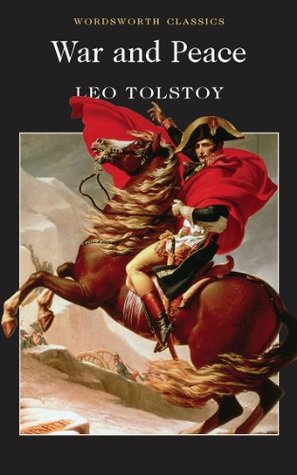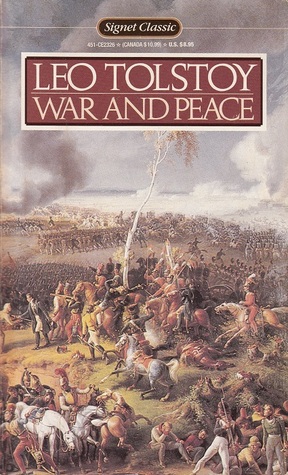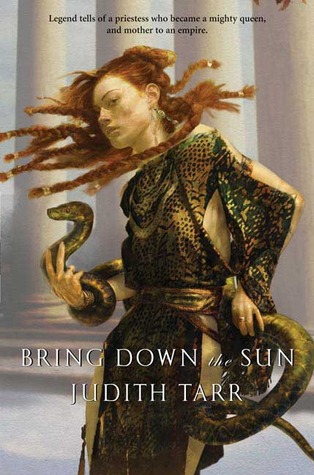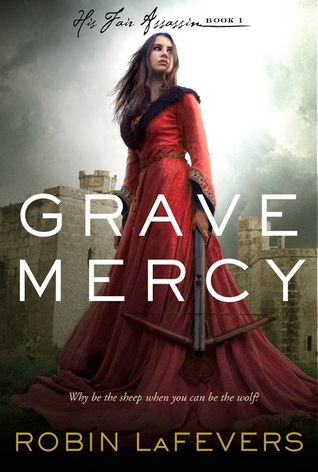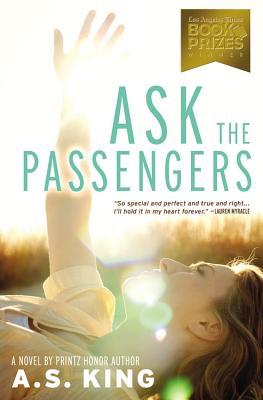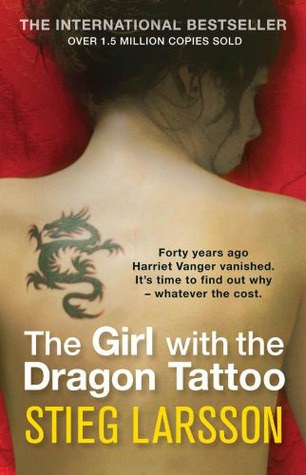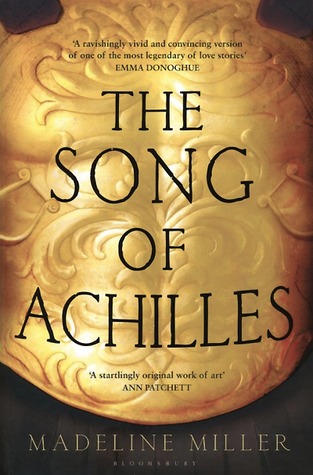9 Things I Disliked About Enchantments by Kathryn Harrison
Pretty language doesn't make a book unproblematic.
First, the problematic content:
There's a romance between an 18-year-old and a 13-year old.
She's 18, he's 13. Nope nope nope nope nope.
Sexual assault and rape are handled terribly.
First, Masha gets sexually assaulted by a 13-year-old she's become close to. While she may be attracted to him (see above) she says no. No means no means no means no. Then, her husband repeatedly rapes her during their marriage. On both occasions, Masha doesn't seem to care, nor does she seem to be affected in any way ever. This is very alarming! What is the author trying to say??
There's a sex scene with a 13-year-old boy...
and a 17-year-old girl (not Masha, thankfully). Not only that, but they continue their sexual relationship. A) Both the author and the main character of this book are way too interested in other people's sex lives (Masha talks about her father's sex life!?). B) Given that the target audience for this adult book is women, we don't want to read things like this. It's gross and unnecessary.
Now the plain bad:
There's no plot.
What even happens in this book? It's just the characters telling stories, and stories within stories. Where's the actual narrative?
The structure is confusing.
It's
not chronological, and goes from this time back to this time forwards
to this time with no warning, and there's often no specification of
when this section takes place or how it connects to the previous
section.
It's historically inaccurate.
A couple of quick Google searches told me the author took liberties. Certain events in history don't happen in the book, and certain events in the book didn't happen in history. So why wasn't it hinted in the blurb or an author's note that events were changed significantly?The book is confused about its own genre.
Is it historical fiction? Magic realism? Historical fantasy??? Not even the book itself knows.
There's a sudden, jarring career decision.
I hate it when characters suddenly decide they've always wanted to do this job, with no previous dreaming or planning of it. Why didn't you mention it earlier then???
There's a completely unbelievable plot point near the end.
Since the book is told in the first person, the reason for this plot point is for Masha and the reader to know about the Romanovs' last months after she left them. An anonymous man turns up at Masha's work in a different country X years later to give her a diary that was smuggled away after the owner died? It's too unbelievable; who would buy that?

Excessive Summary
From Kathryn Harrison, one of America’s most admired literary voices, comes a gorgeously written, enthralling novel set in the final days of Russia’s Romanov Empire.
St. Petersburg, 1917. After Rasputin’s body is pulled from the icy waters of the Neva River, his eighteen-year-old daughter, Masha, is sent to live at the imperial palace with Tsar Nikolay and his family—including the headstrong Prince Alyosha. Desperately hoping that Masha has inherited Rasputin’s miraculous healing powers, Tsarina Alexandra asks her to tend to Aloysha, who suffers from hemophilia, a blood disease that keeps the boy confined to his sickbed, lest a simple scrape or bump prove fatal.
Two months after Masha arrives at the palace, the tsar is forced to abdicate, and Bolsheviks place the royal family under house arrest. As Russia descends into civil war, Masha and Alyosha grieve the loss of their former lives, finding solace in each other’s company. To escape the confinement of the palace, they tell stories—some embellished and some entirely imagined—about Nikolay and Alexandra’s courtship, Rasputin’s many exploits, and the wild and wonderful country on the brink of an irrevocable transformation. In the worlds of their imagination, the weak become strong, legend becomes fact, and a future that will never come to pass feels close at hand.
Mesmerizing, haunting, and told in Kathryn Harrison’s signature crystalline prose, Enchantments is a love story about two people who come together as everything around them is falling apart.







